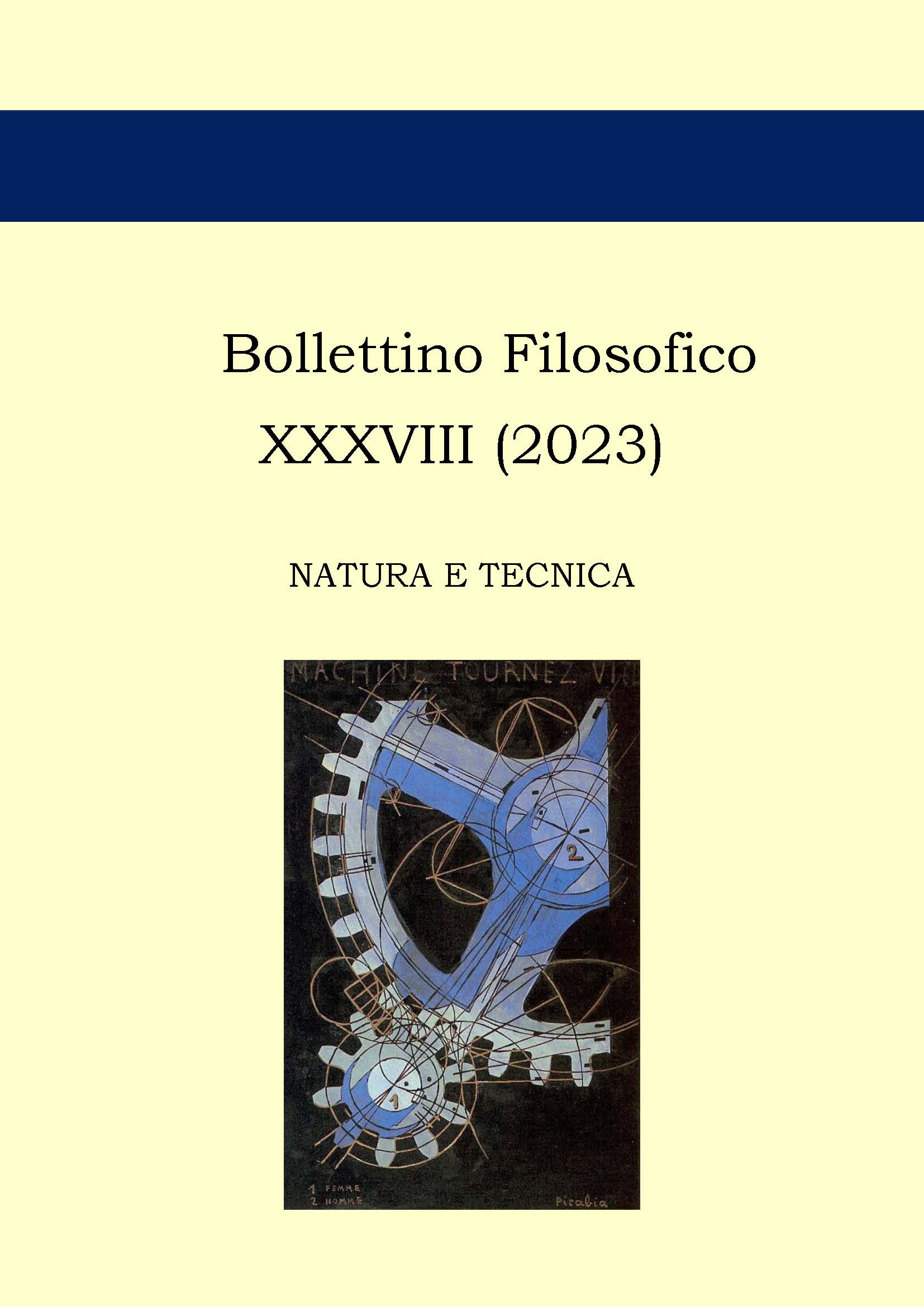La fine del mondo. Geofilosofia della catastrofe ambientale
Abstract
Beyond the persistent denialism, the ecological catastrophe is not the pessimistic prognosis of Cassandra, but a merciless diagnosis of the state of planetary health, which is supported by scientific data. It cannot simply be considered a crisis of the environment, as if it were only a process affecting nature; in the age of the Anthropocene, it is clear that ecological disaster is the result, the product, of man’s actions, due to his unbalanced relationship with the environment in which he lives. Its premise is the “calculative thinking” that has characterised Western rationality since the Modern Age and the scientific revolution, from which comes a development model that has now become unsustainable. Only a radical turnaround and an overall change in our way of life can perhaps prevent the imminent extinction of the human species. We should reconsider the Earth as Ecumene (Berque), as a World in which we co-habit together with other living beings, entering into a new pact of alliance with the biosphere. Only a Constitution of the Earth (Ferrajoli), capable of guaranteeing the protection of the environment and the inalienable common goods that are essential to humankind’s survival, could adequately face the challenge of a global world that is destined for catastrophe.
Keywords: Anthropocene, Earth Constitution, Ecumene, Environmental Catastrophe, Calculative Thinking
Downloads
Bollettino Filosofico pubblica in internet, ad accesso aperto, con licenza:
|
|
CCPL Creative Commons Attribution |
L'autore conserva il copyright sul suo contributo, consentendo tuttavia a chiunque "di riprodurre, distribuire, comunicare al pubblico, esporre in pubblico, rappresentare, eseguire e recitare l'opera", purché siano correttamente citati l'autore e il titolo della rivista. L’autore, al momento della proposta di pubblicazione, è inoltre tenuto a dichiarare che il contenuto e l’organizzazione dell’opera è originale e non compromette in alcun modo i diritti di terzi, né gli obblighi connessi alla salvaguardia di diritti morali ed economici di altri autori o di altri aventi diritto, sia per testi, immagini, foto, tabelle, sia per altre parti di cui il contributo può essere composto. L’autore dichiara altresì di essere a conoscenza delle sanzioni previste dal codice penale e dalle leggi speciali per l’ipotesi di falsità in atti ed uso di atti falsi, e che pertanto Bollettino Filosofico è esente da qualsiasi responsabilità di qualsivoglia natura, civile, amministrativa o penale, e sarà dall'autore tenuta indenne da qualsiasi richiesta o rivendicazione da parte di terzi.
